Scotland's Archaeology Strategy
Scotland’s Archaeology Strategy is a ten-year cross-sector initiative aimed at encouraging collaboration to make Archaeology accessible and inclusive: to make it matter.
Archaeology at the University of Glasgow embraces the engaging and inclusive archaeology that is encapsulated by Scotland’s Archaeology Strategy.
We bring several decades of experience in public engagement and community archaeology, as well as a strong commitment to the principles of collaboration, inclusiveness and diversity.
We invested considerable time and expertise in the development of the Strategy under the leadership of Prof. Stephen Driscoll. We complemented this with a much wider staff contribution to national, regional and thematic Scottish Archaeological Research Frameworks, which played an important role in the Strategy’s development and its delivery.
The Strategy is embedded in our undergraduate teaching across the student career, emphasising the social context of archaeology.
- Our core first year course, 'Archaeology in the Modern World' uses the strategy to engage the students with an archaeology that is immersed in and beneficial to society.
- The field school in their third year includes practical experience in local outreach and community engagement.
- All of our undergraduate students undertake 25 days of practical heritage experience, including outreach and working with the public
- We offer a 'Public Archaeology' Honours course, which is devoted to examining the relationships between archaeology as an academic discipline and the broader public and private spheres
- Our MSc in Material Culture and Artefact Studies offers a work placement option for the final project, which meets Aim 5 in improving links between Universities and museums

Scotland's Archaeology Strategy in our Research
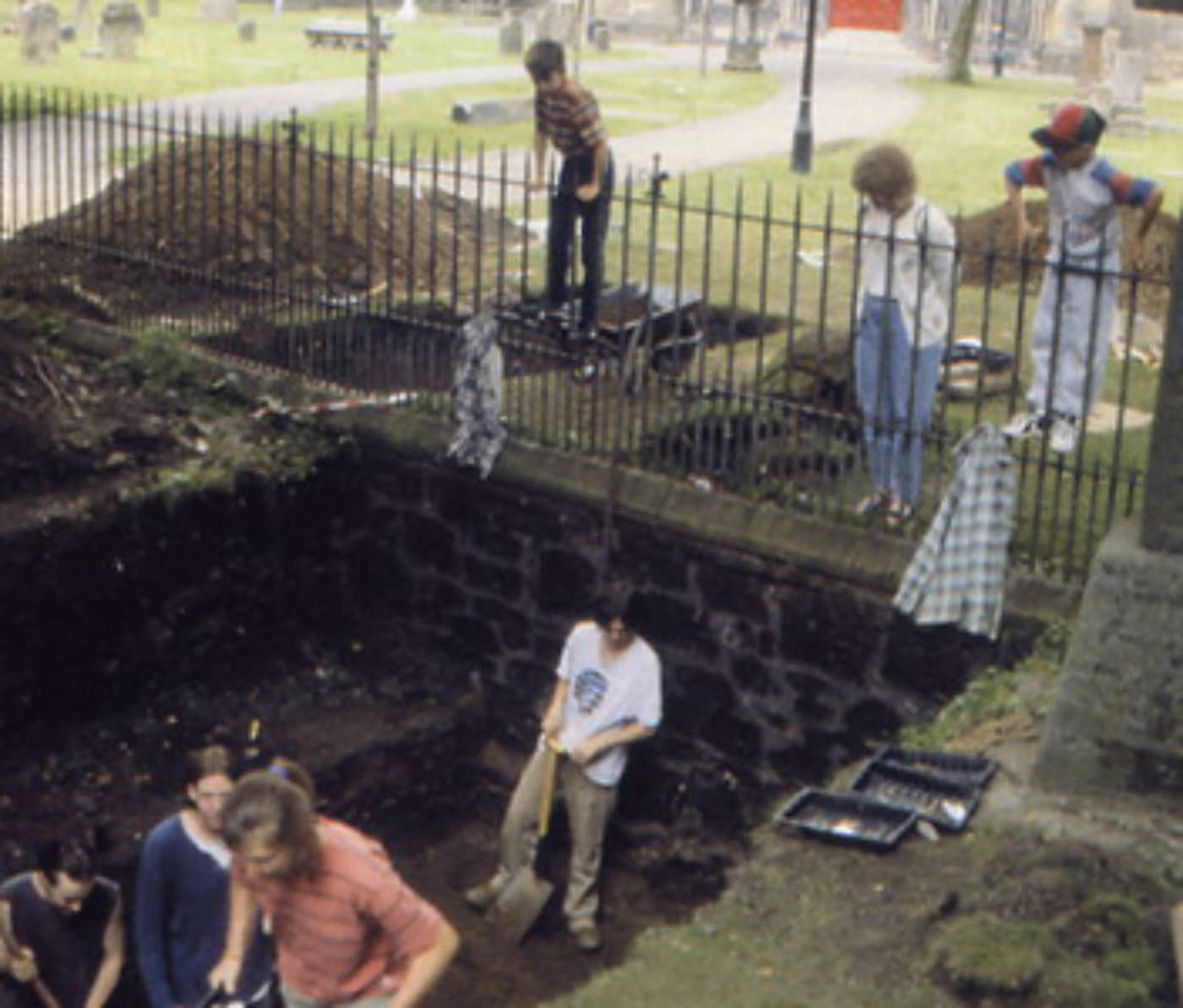
Govan Old
Prof Stephen Driscoll's work at Govan Old Church employs archaeology in the urban regeneration of Govan, contributing to the Strategy's Aim 4: Encouraging Greater Engagement.
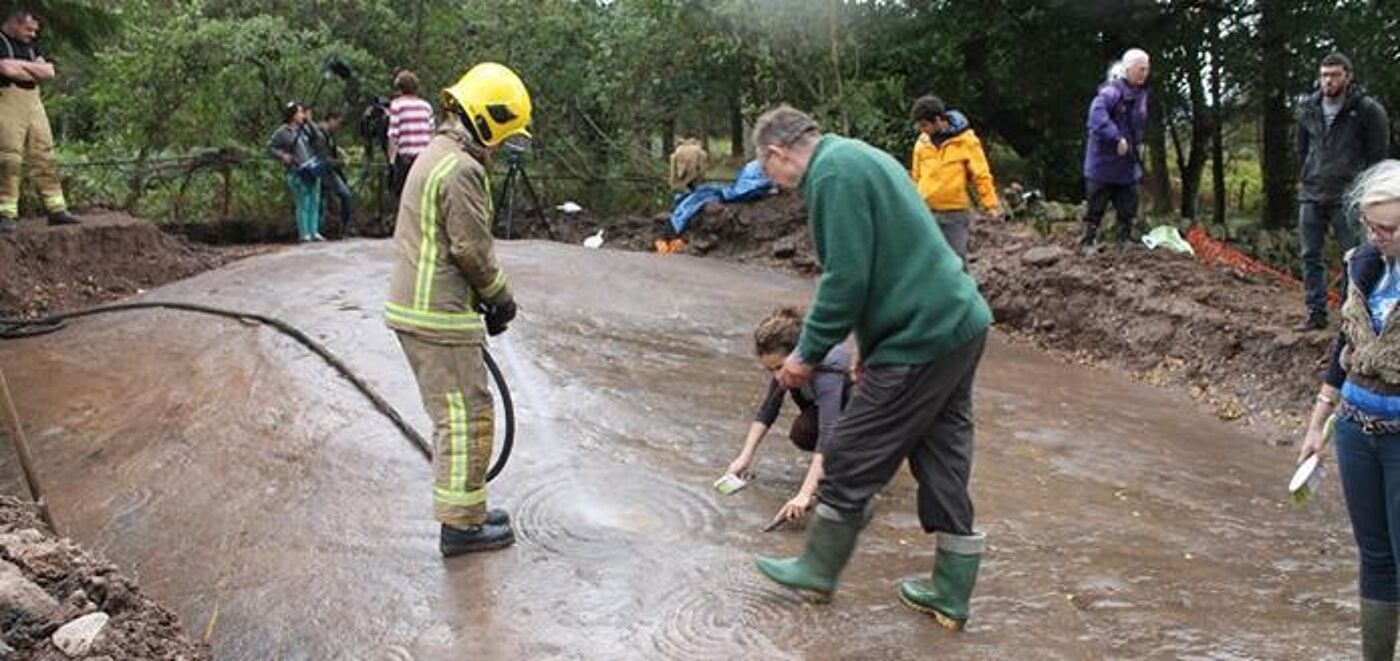
Faifley Rocks
Dr Kenny Brophy's Faifley Rocks! project engages the local community with prehistoric rock art through skills training, fieldwork, public art, and walking trails; it achieves wider engagement through his blog 'The Urban Prehistorian', incorporating both Aim 2: Enhancing Understanding and Aim 4: Encouraging Greater Engagement.

Archaeological Housework
Dr Nyree Finlay, with her ‘Archaeological Housework’ project works in partnership with NHS and Luminate, initiating new research into the materialities of dementia with members of the Scottish Dementia Research Consortium, which contributes directly to Aim 4: Encouraging Greater Engagement.
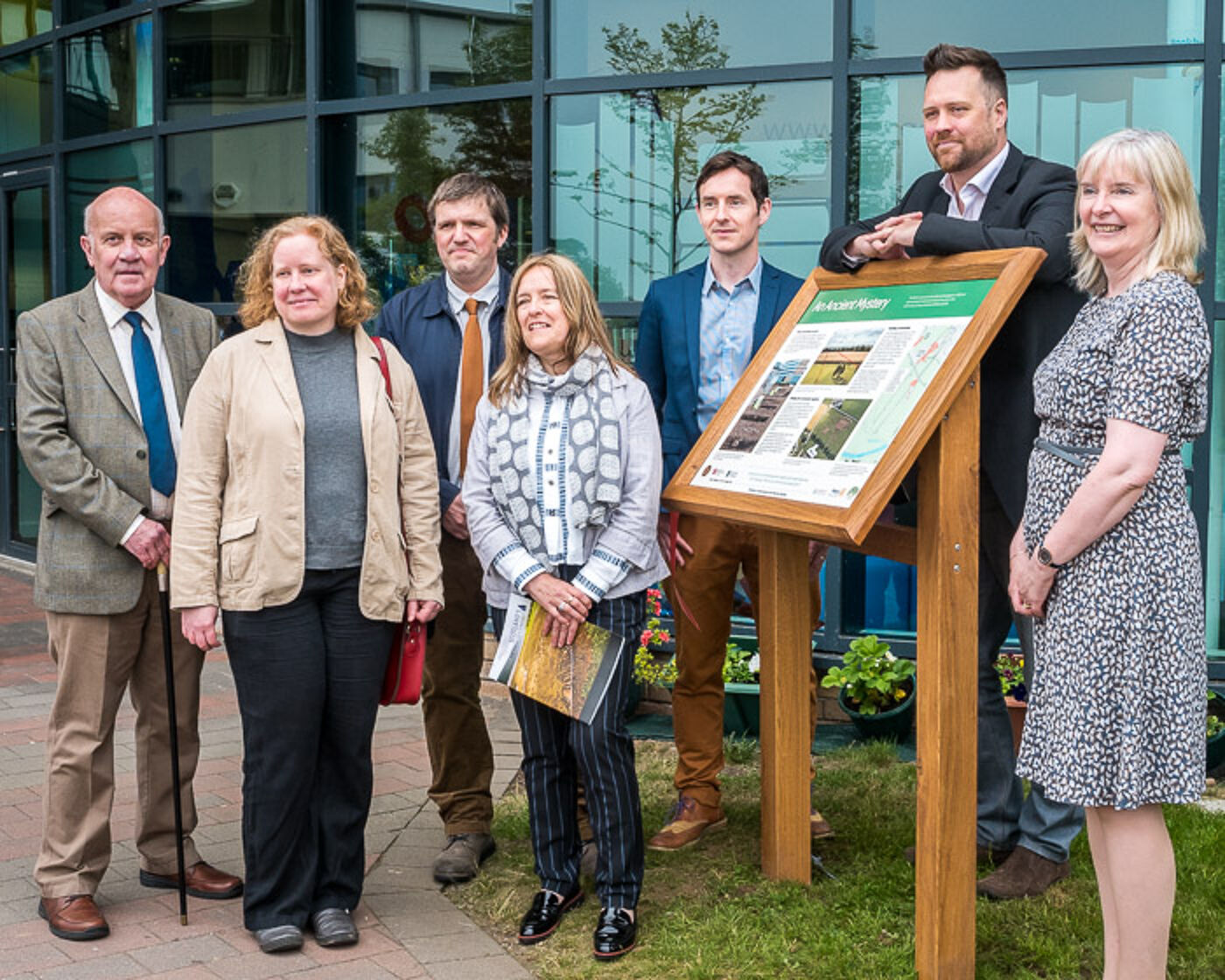
Crieff High School and Strathearn Community Campus
Dr Kenny Brophy has been working with Crieff High School and Strathearn Community Campus to help develop an archaeology trail and teaching sessions around the campus based on invisible archaeology in the area. Eila MacQueen, director of Archaeology Scotland, has noted that this project delivers on all five aims of the Archaeology Strategy.

Manifesto for Medieval Archaeology
With Dr John Raven of HES, Prof Stephen Driscoll is leading a series of workshops to develop a Manifesto for Medieval Archaeology with the Medieval Europe Research Community, further contributing to Aim 1: Delivering Archaeology.
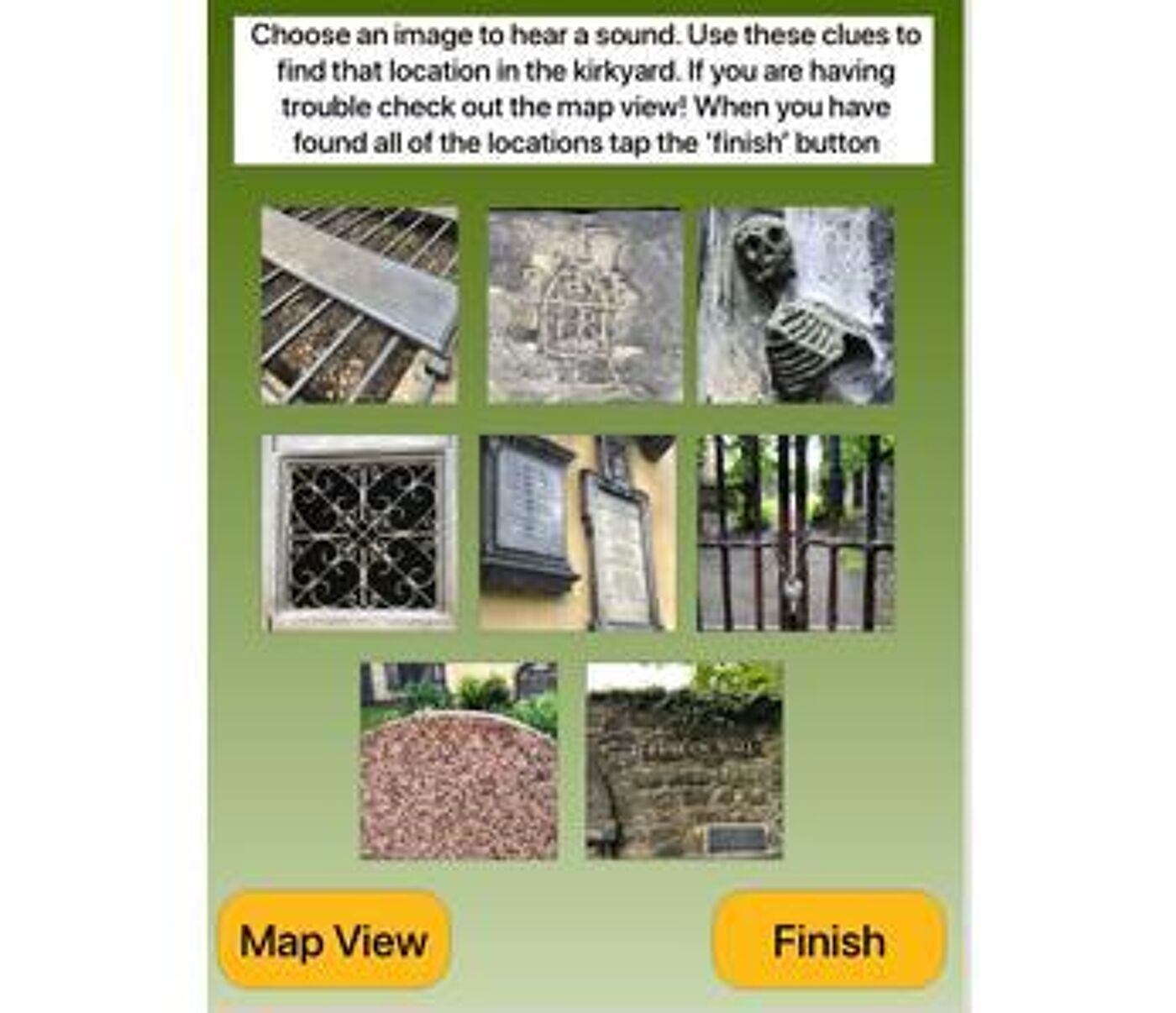
Framing Heritage Through Play
Dr Laura Harrison worked with community groups to design a digital experience to inspire new types of engagement with the Greyfriar’s Kirkyard in the ‘Framing Heritage Through Play’ project, delivering on Aim 4: Encouraging Greater Engagement.
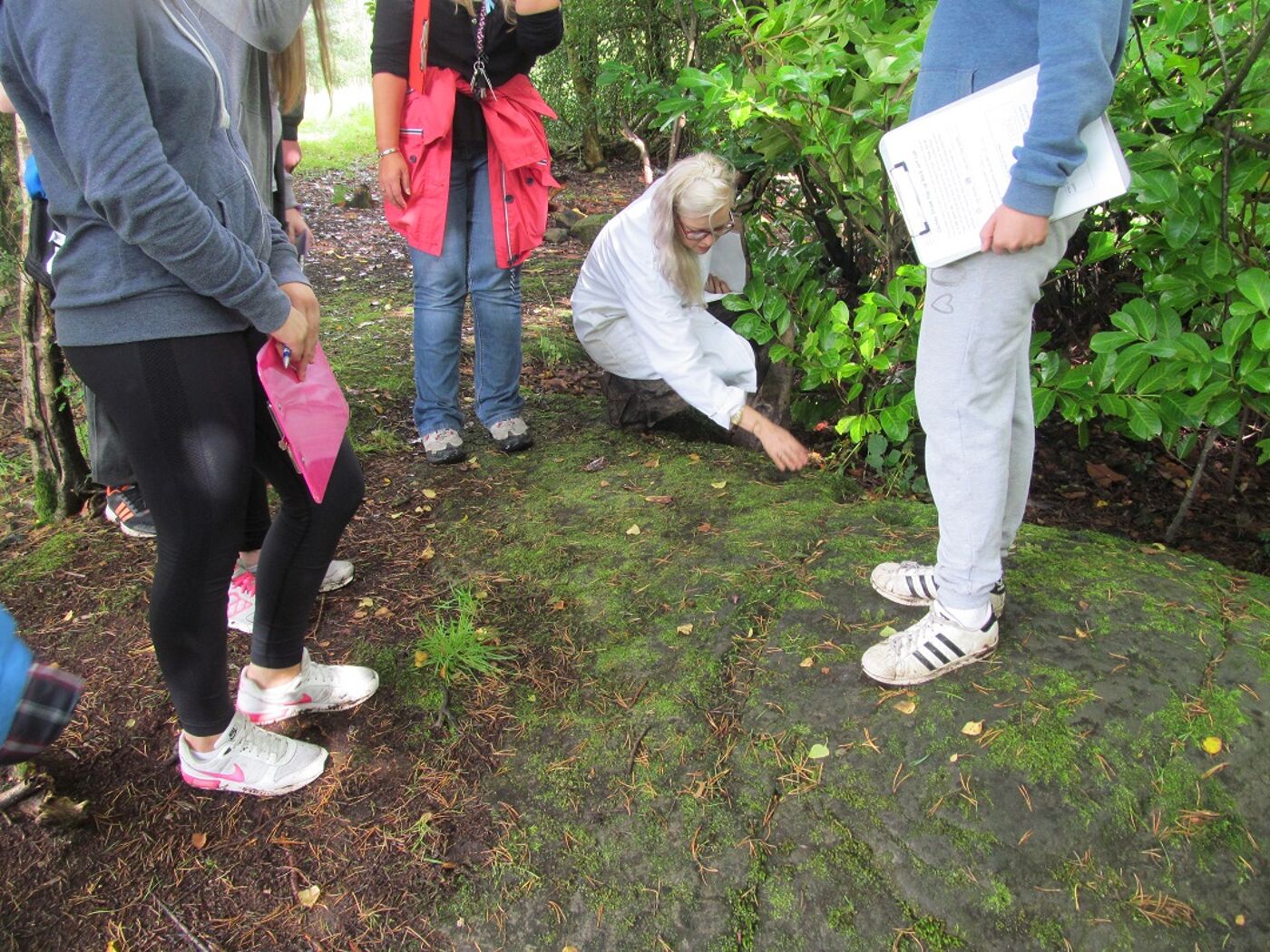
People and Society
Dr Kenny Brophy has worked with teachers at St Mungo’s High School in Falkirk to develop resources for the People and Society course, taught across Scotland, on themes of social value and decision-making, drawing on some of his research projects.
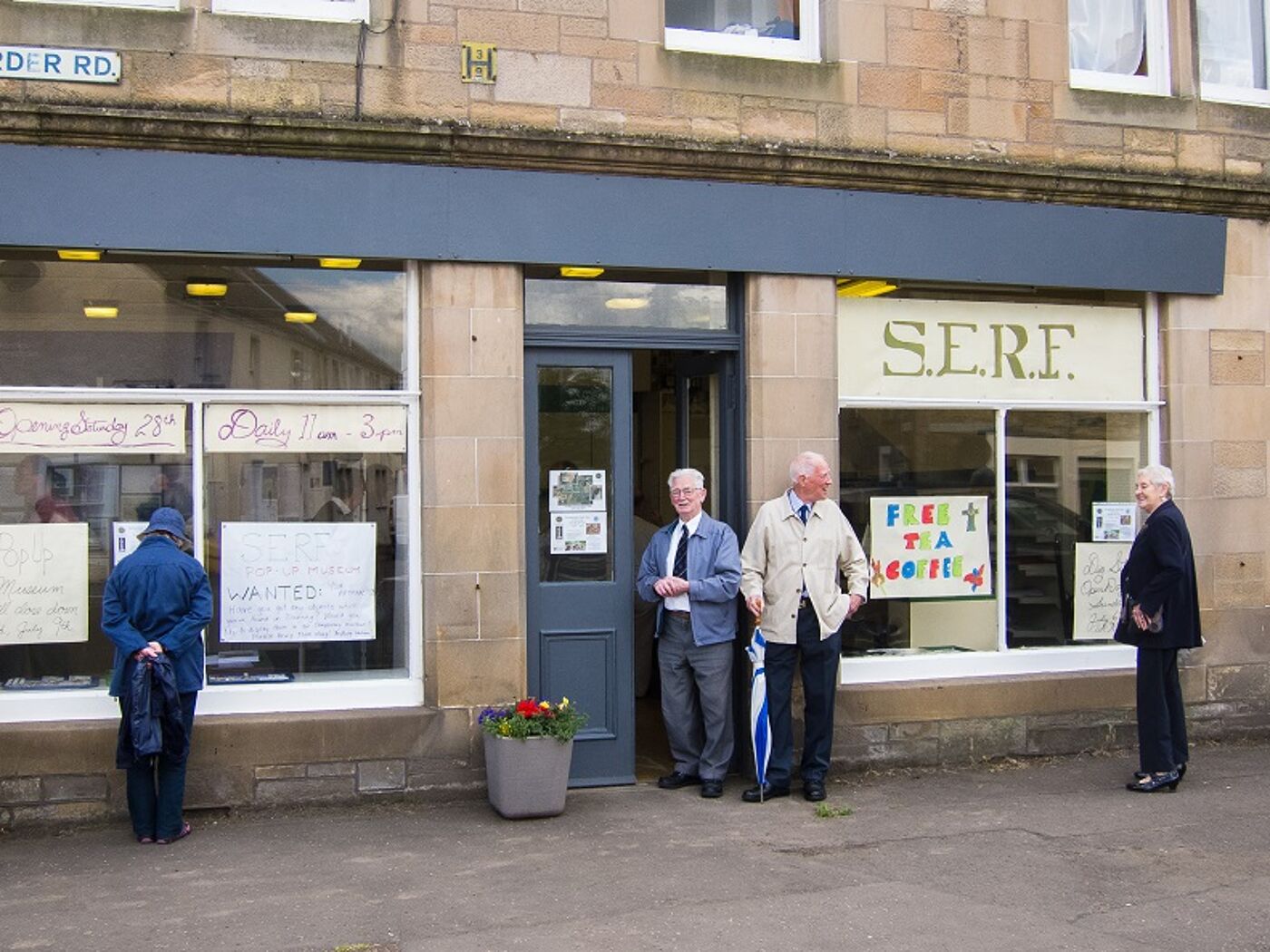
Strathearn Environs and Royal Forteviot (SERF) project
The Strathearn Environs and Royal Forteviot (SERF) project was the flagship fieldwork project and training fieldschool for University of Glasgow students between 2006 and 2017. The project's emphasis on research, training, and public engagement excelled in delivering Aims 2: Enhancing Understanding, 4: Encouraging Greater Engagement, and 5: Innovation and Skills.

Re-imagining Scottish Archaeology Workshops
We are working with CIFA to host workshops to raise the standards in archaeology, contributing to Aim 1: Delivering Archaeology. This has included Prof Driscoll chairing workshops under the banner ‘Re-imagining Scottish Archaeology’, and the contribution of a thinkpiece for this process on the topic of ‘Delivery: putting the public at the heart of all we do’ by Dr Kenny Brophy.
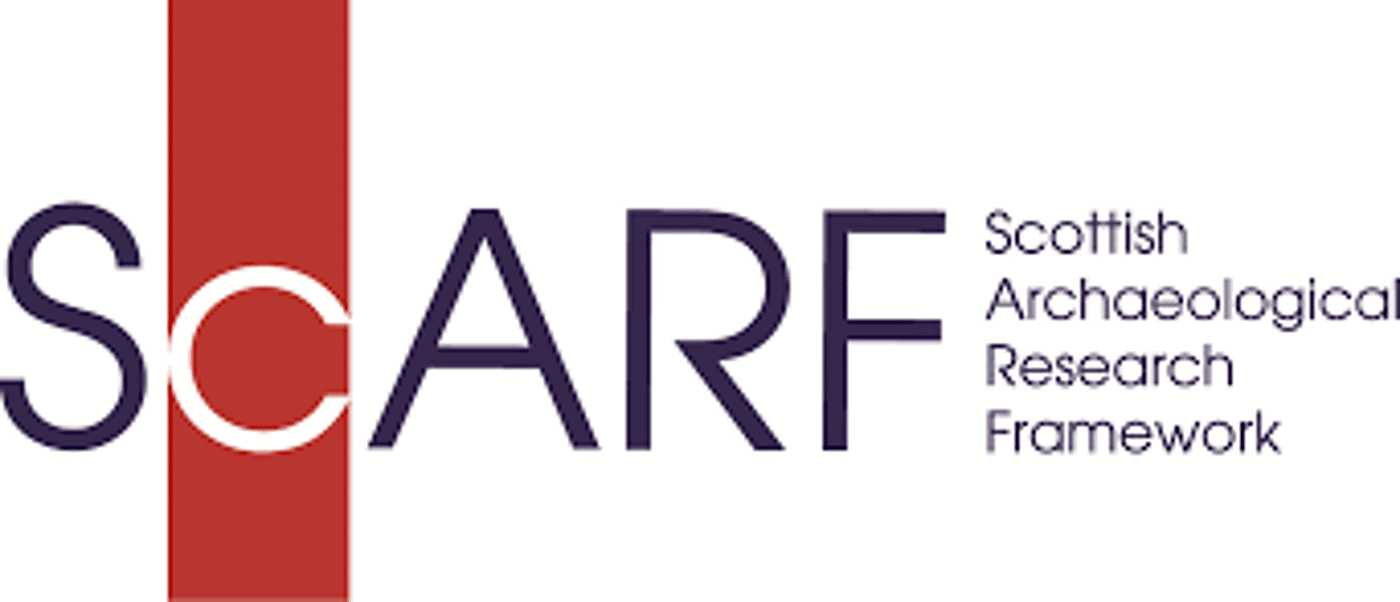
ScARF
Many of our staff were involved in leading, editing and contributing to panels in the development of the ScARF resource, especially Dr Nyree Finlay, Dr Kenny Brophy, Dr Rebecca Younger, Dr Tessa Poller, Dr Ewan Campbell, Prof Stephen Driscoll, Prof Tony Pollard, Dr Richard Jones, and Dr Colleen Batey. Dr Kenny Brophy, Dr Ewan Campbell, Prof Stephen Driscoll are all actively participating in developing other regional and thematic research frameworks.

Broad General Education Project
Dr Colleen Batey and Dr Kenny Brophy have collaborated with the Broad General Education project to work with teachers to deliver detailed resources for use in Scotland’s schools, on the topics of Vikings in Scotland, and Using prehistoric sites to support learning and teaching.

